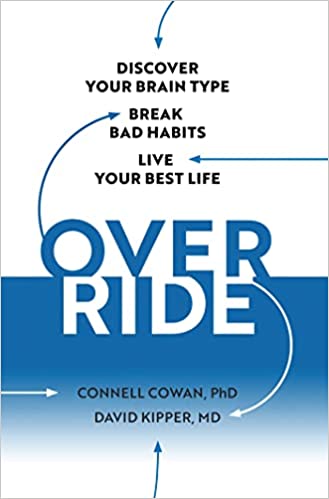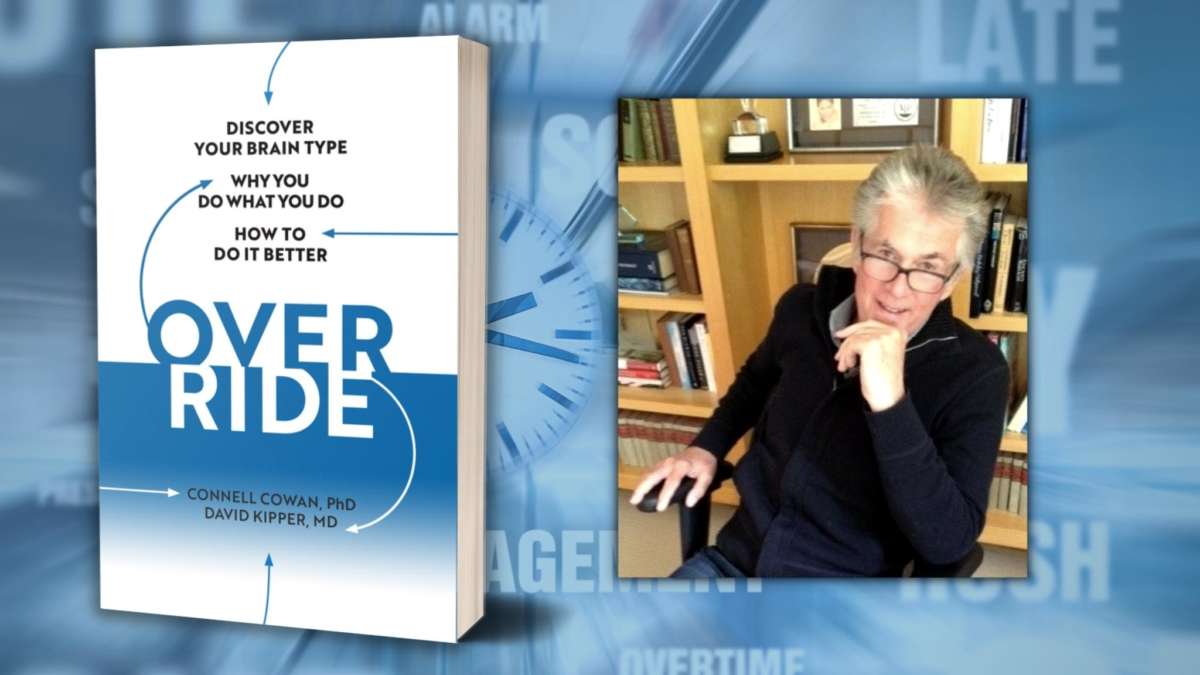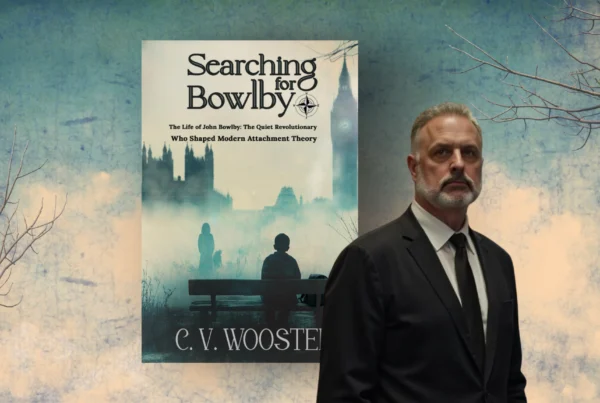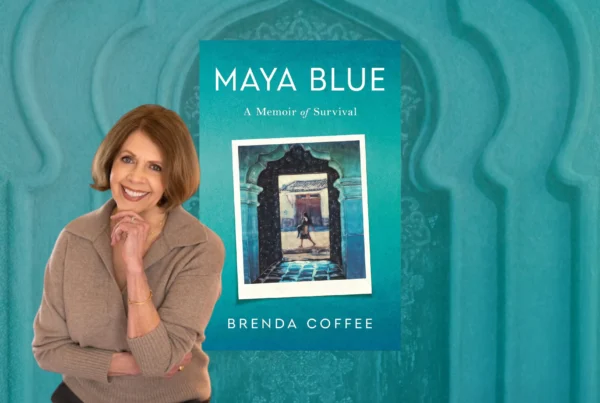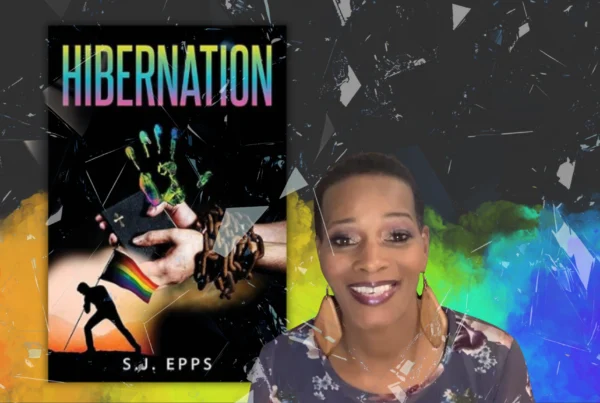OVERRIDE: Discover Your Brain Type, Why You Do What You Do and How to Do It Better by Connell Cowan and David Kipper
Your brain is constantly seeking comfort. Whether it’s recovering from a stressful event that gets your adrenaline pumping or the slow drip-drip of low-lying stress, how you handle yourself boils down to how you’re hardwired, embedded in your inherited neurochemistry.
In OVERRIDE: Discover Your Brain Type, Why You Do What You Do and How to Do It Better, authors Connell Cowan and David Kipper deliver a fascinating theory: Understanding your chemical tendencies explains how you set your stress relief in motion, and by understanding your tendencies you’ll be able to make healthy life decisions for the better.
Your neurochemistry puts you into one of two tribes: Swords are coded to be particularly sensitive to stimulation, novelty, reward and external expression, while the Shields of the world are coded to be more sensitive to avoiding harm and danger, internalizing emotions. Each coping style possesses strengths as well as an array of behavioral shortcomings.
In this recent Q&A, Connell Cowan took us deeper into the concepts of the book.
Q: What inspired you to write this book?
A: David and I were both seeing a lot of patients who were struggling to bring self-discipline and peace to their lives. These were normal, essentially healthy people who hadn’t suffered any particular trauma or had evidence of pathology. They were successful in all of the most external aspects of their lives but still were caught up in ways of behaving that sabotaged their lives. What prompted the book was the question: What drives us to do the same self-defeating things when we know we should be doing others? If the answer wasn’t to be found in history, trauma, or illness, what was it? Those were the questions that really set us on the search. Where this led us was to the shadowy but profound shaping influence that our inherited brain chemicals play in our lives.
Q: You value work-life balance and prioritizing self-care. For people who are deep in the throes of valuing how busy they are, or almost bragging about how exhausted they are, what would you say to them to introduce them to the concept of Override?
A: Romanticizing busyness and being overworked pays diminishing dividends. We are at our best as human beings when we emphasize balance. We live in a stressed-out culture that knocks us out of balance. Stress is uncomfortable, and our internal barometer for balance is comfort. Every bad habit we have is exercised to service that feeling of comfort. Override is an exploration of what fuels those bad habits and how to go about becoming free from the ways in which they detract from our lives.
Q: For someone who wants to make a positive change in their lives and put the steps in Override into practice, what advice would you give them for holding themselves accountable?
A: I love metrics! Accountability is important; it gives us a kick in the pants when we need it and, equally important, a way of acknowledging the progress we make in accomplishing some of the most difficult things in our lives. Nothing is much harder than lasting change. Metrics, whatever a person does to keep track of movement in the right direction, is helpful. Our inner critic tends to have a loud voice, and it’s valuable to have some systematic way of speaking up for the positive movements we make in our lives. Make up the metrics. It could be as simple as saying, I lived my life today in a more intentional, thoughtful and healthy way. Of course, you have to pay that off.
Q: In scientific and psychological studies, there are always more questions we could be asking. Could you share a question you still have that isn’t contained in Override?
A: For me, the question would be how do we understand and shape our emotional life in a way that allows us to be more thoughtful and in balance with the natural world. That would put more emphasis on rationality, cooperation, and sharing instead of emotionality, competition, and selfishness, challenging some of the most instinctive human behaviors. If you look at advances in AI and robotics, the silicon clones of the future won’t be designed with the negative emotions that we humans seem to be stuck with. If they ever become sentient, they may very well be better shepherds of the world than we carbon versions have been. We’d better get ourselves together to avoid being replaced!
Q: What would you like readers to take away from this book the most?
A: Freedom in life is all about choice. The shaping elements of our brain chemistry are powerful but often not very smart. Understanding how those forces push you around gives you the opportunity to be more intentional. Acting unconsciously and reflexively is pretty limiting. I think being intentional is always smarter.
Q: Just for our readers’ curiosity — would you call yourself a Sword or a Shield?
A: Lifetime Shield. Anyone who knows me would nod in agreement.
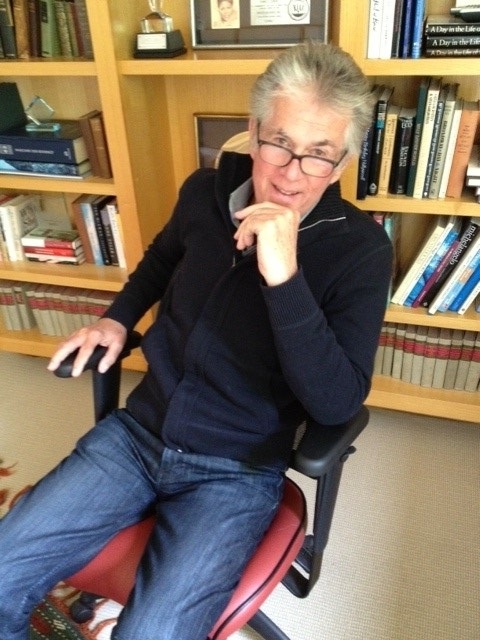 About Dr. Connell Cowan:
About Dr. Connell Cowan:
Dr. Connell Cowan is a clinical psychologist practicing in Los Angeles, California. He co-wrote Smart Women/Foolish Choices, a runaway bestseller that spawned an entire genre of books dealing with male/female dilemmas. The book spent nearly a year on the New York Times bestseller list, sold millions of copies, has been published in 23 different languages, and was made into a hit musical in Japan. His second book, Women Men Love/Women Men Leave, also became an NYT bestseller. Husbands & Wives completed the relationship trio. He has appeared on hundreds of radio and television shows and his writings have been published in a number of journals, magazines, and newspapers internationally.
Dr. Cowan also established the Human Sciences Center in Los Angeles — a non-profit center for research and treatment funded in part by a grant from the Eli Lilly Foundation. The innovative work he developed at the Center was featured on CBS’s “60 Minutes.” He has taught at the California School of Professional Psychology and in UCLA’s School of Public Health. Along with his writings and clinical practice, Dr. Cowan has created and produced a number of television and video projects for syndication and cable blending both psychological information and drama.
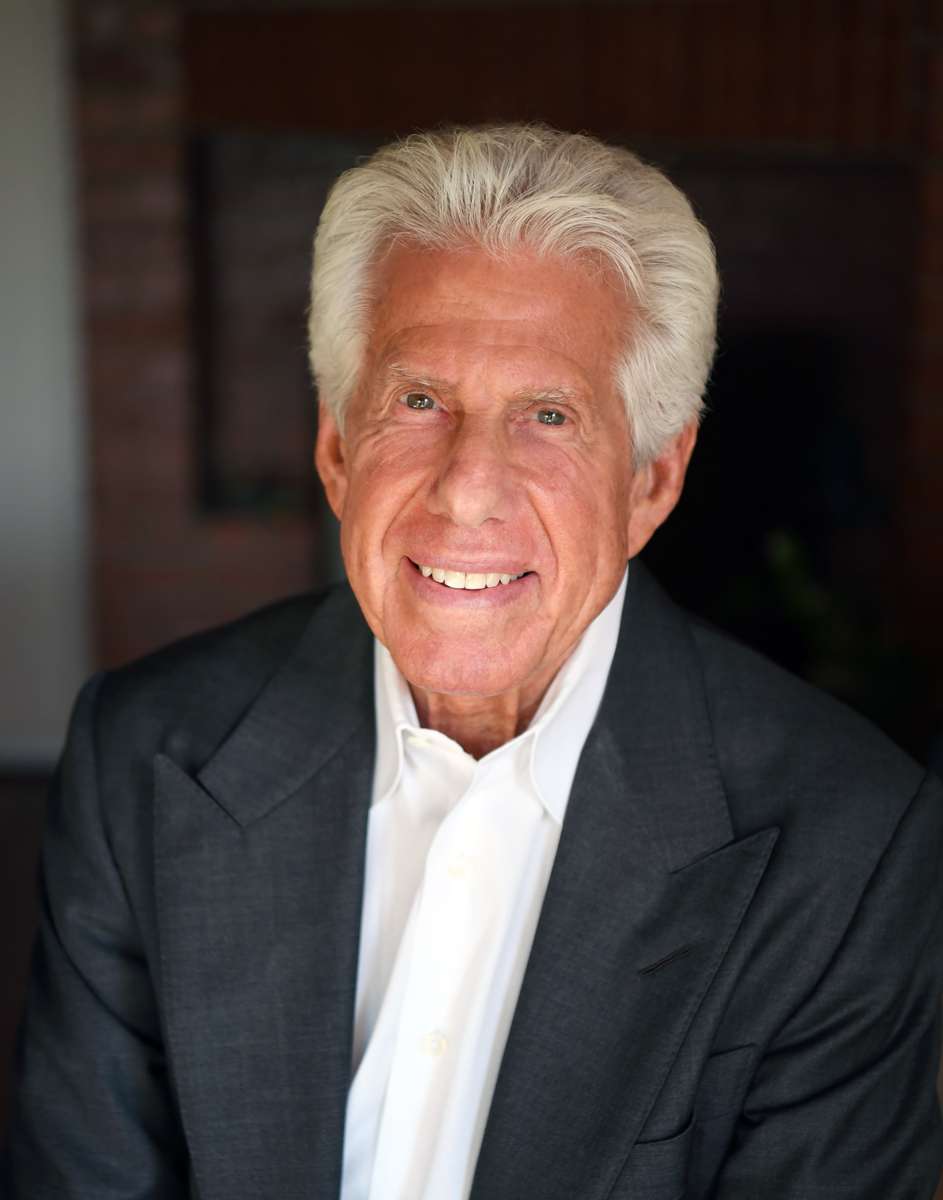 About Dr. David Kipper, MD.:
About Dr. David Kipper, MD.:
Dr. David Kipper has practiced internal medicine in Los Angeles for over three decades. He has appeared as an expert commentator on all major networks, has produced numerous programs on health and health care, appeared on the Today Show, and contributes to the Huffington Post. Dr. Kipper is currently a co-host for ABC radio’s The Medical Show, a weekly national call-in show addressing all areas of medicine. After 12 years on the air, The Medical Show will be syndicated to a wide national audience with podcasts and a web presence that advocates for patients seeking personalized solutions to complicated health problems. Dr. Kipper co-founded the Medical Group of Beverly Hills, the largest multidisciplinary healthcare provider in Los Angeles. He also co-founded the California Institute for Behavioral Medicine, a mind-body approach to managing stress, incorporating conventional and homeopathic therapies that TIME Magazine described as “groundbreaking.” Dr. Kipper’s 2010 book, The Addiction Solution (Rodale Press, 2010), helped create a paradigm shift in the treatment of this disease from a behavioral malady to a chronic medical illness, determined by our unique brain chemistry and triggered by stress.
